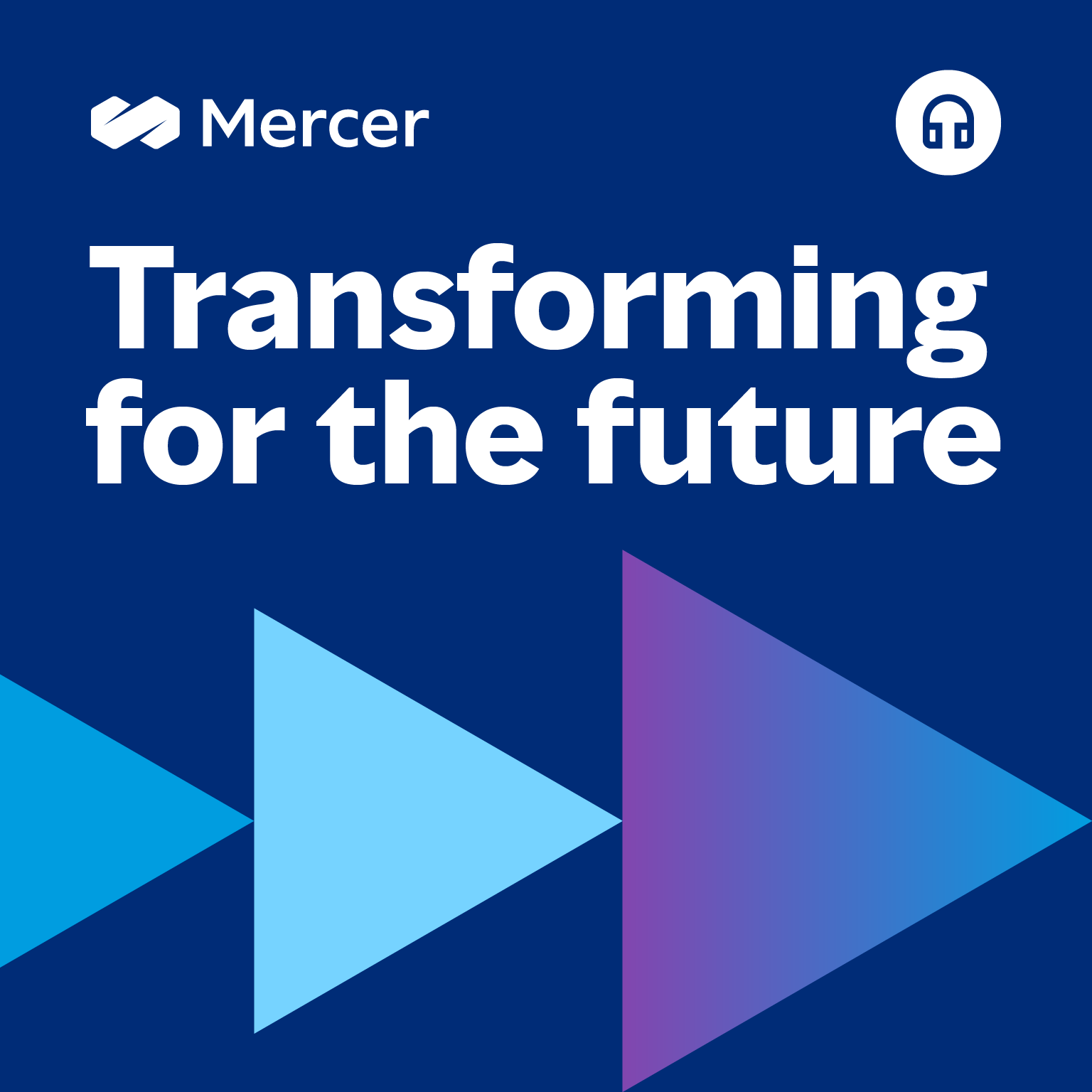2024 Global Talent Trends

Workforce 2.0: Unlocking potential in a machine-augmented world
As we look ahead to 2024, the world of work is in full metamorphosis, forever changed by the seismic shifts of the past few years. Societal dynamics are reshaping work structures, technology and AI are advancing at breakneck speed, and we are still navigating the aftermath and recovery of a post-pandemic world.
We wanted to hear how business executives, HR leaders, employees and investors were navigating this evolving landscape. More than 12,200 voices contributed to this year’s Global Talent Trends study and we are excited to share the results with you.
What’s top of mind in 2024?
This year’s Global Talent Trends study draws on insights from 845 C-Suite executives, 1920 HR leaders, 9449 employees and 84 investors from across 17 geographies and 16 industries. Their input defined the four trends that are shaping the People agenda in 2024:
Drive human-centric productivity
Solve the productivity equation with AI, assessment and work design
Anchor to trust & equity
Foster a climate of trust through fair pay, equity, and inclusion
Boost the corporate immune system
Build resilient cultures with teams that are risk aware and healthy at the core
Cultivate a digital-first culture
Design an adaptive, digitally fluent organisation where people can thrive
Organisations are taking the opportunity to reset their People strategy to intentionally build more sustainable, more inspiring, less exhausting work models.
Senior Partner, Mercer
What has gotten us to this point is not enough to take us further. We are on the cusp of a revolution. As organisations consider the promise of new technologies, it is imperative that the focus is not only on cost optimisation and profit. With human-machine teaming accelerating at an unprecedented rate, we finally have an opportunity to realise our dreams of a more intuitive, simplified, and customised work experience. In an era where people risk is business risk, getting this balance wrong can bring a company to its knees.
Report
Global Talent Trends Study 2024
This year’s trends identify what leading organisations are doing differently to build more agile and sustainable People practices that will enable businesses, workforces, and societies to thrive for years to come.
Related insights
-
Future of workAttitudes towards work have changed dramatically in the last few years bookended by the pandemic and generative AI. The legacy of this period is being felt in…
-
Future of work
The human-centric enterprise
In this thought-provoking and timely book developed by Mercer and Thinkers50, we journey through the inevitable shift toward a more human-centric enterprise. We… -
Talent Attraction & Retention: A Sustainable Talent Strategy for SMEs
Talent retention is a challenge for SMEs competing with larger companies. What can SMEs do to develop a sustainable talent strategy? Learn how.
Related solutions
-
Attract & retain talent
Work design
Mercer’s work design solutions help to transform and reinvent work by deconstructing jobs into tasks and preparing organisations for the future of work. -
Skills-based organisations
Skills-based talent practices
Mercer's skills-based talent practices helps leading companies to reinvent their talent and reward programmes around skills. -
Benefit strategies
Employee experience
Mercer’s employee experience insights, solutions and services help organisations understand and enhance the employee experience they offer. We can help you measure…
Related podcasts
-
Future of work
New shape of work podcast
Join us as we addresses the challenges and uncertainty brought by the coronavirus, and focus on how we transition to a more agile workforce for the future. -
Future of work
Transforming for the future podcast
Stay ahead of the curve by embracing transformation, exploring new ways of working, and reinventing their employee experience.







